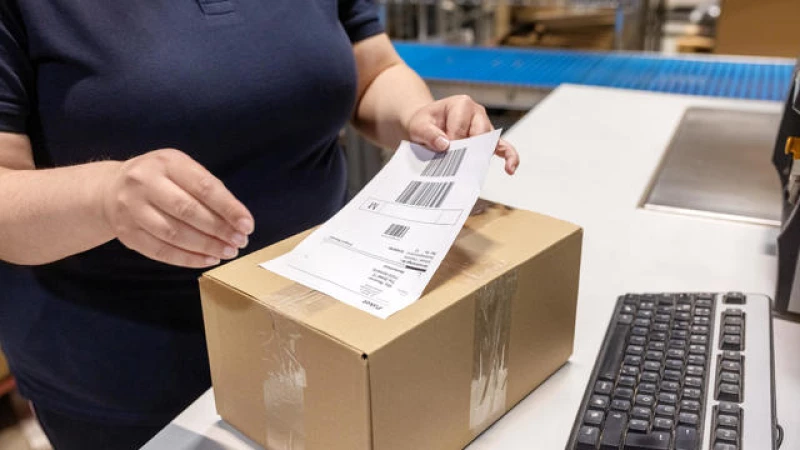Some retailers are telling consumers not to bother sending back goods they want to return for a refund because of how costly processing, repackaging and trying to resell merchandise can be. Instead they're saying keep it, and we'll refund you anyway.
For example, if you ordered an inexpensive yoga mat or kitchen spatula for a few dollars from a large online retailer that wasn't what you expected, they may give you your money back without bothering to collect the goods.
Fifty-nine percent of companies said they offer "keep it" services for returns that aren't worth collecting, according to goTRG, a returns logistics company
Of those retailers, 27% deemed items priced up to $20 as eligible for their keep-it policy.
Indeed, for businesses, the expenses associated with accepting the return of a product can sometimes exceed an item's resale value.
"It can be as expensive as 75% of the value of the unit, or 100% or above," goTRG CEO Sender Shamiss, told CBS MoneyWatch. "Shipping costs eats up huge amount of the value of the good, so companies determine what it costs to take product back and if they're underwater they say, 'Keep it.'"
Best Returns Policies for Stores with Shrink Windows
Understanding the Steep Interest Charges of "Buy Now, Pay Later" Plans
Returning Gifts Purchased with Buy Now, Pay Later Plans
The True Cost of Shipping
Major online retailers like Amazon.com occasionally offer returnless refunds to cut costs and maintain low prices for customers, according to Amazon spokesperson Maria Boschetti. The expenses associated with processing returns include inspecting items for resale condition and sometimes donating unsellable items to charity.
Other companies, such as Wayfair and Chewy.com, have similar policies in place, particularly for heavy or bulky items that are expensive to ship. Adam Pressman, partner and managing director in the retail practice at AlixPartners, explained that the decision to offer keep-it policies is based on the item's price, size, bulkiness, and shipping cost. For example, online pet companies may choose not to accept returns for large bags of dog food and instead refund the customer's money.
Combatting Fraud: Stricter Measures Implemented
Many companies have implemented advanced algorithms to identify customers who are likely to be loyal and act in good faith, in order to prevent individuals from taking advantage of keep-it options, according to industry expert Shamiss of goTRG.
Shamiss explains, "These algorithms consider factors such as the customer's length of time with the company and the number of refunds they have requested, to determine if there is a risk of fraudulent activity."
Amazon, for instance, has adopted stringent measures to prevent customers from exploiting its keep-it policy to avoid paying for low-cost items. Boschetti, a representative from Amazon, emphasizes their commitment to combating fraud, stating, "We take fraud very seriously, and when individuals attempt to bypass our controls, we take immediate action and collaborate with law enforcement to ensure accountability."
In addition, retailers typically refrain from promoting returnless refund policies to discourage reckless consumer behavior.
"As of now, we do not anticipate explicitly stating our policy," says Pressman. "The decision to implement returnless refunds is at the discretion of each company, based on their economic and experiential considerations."







